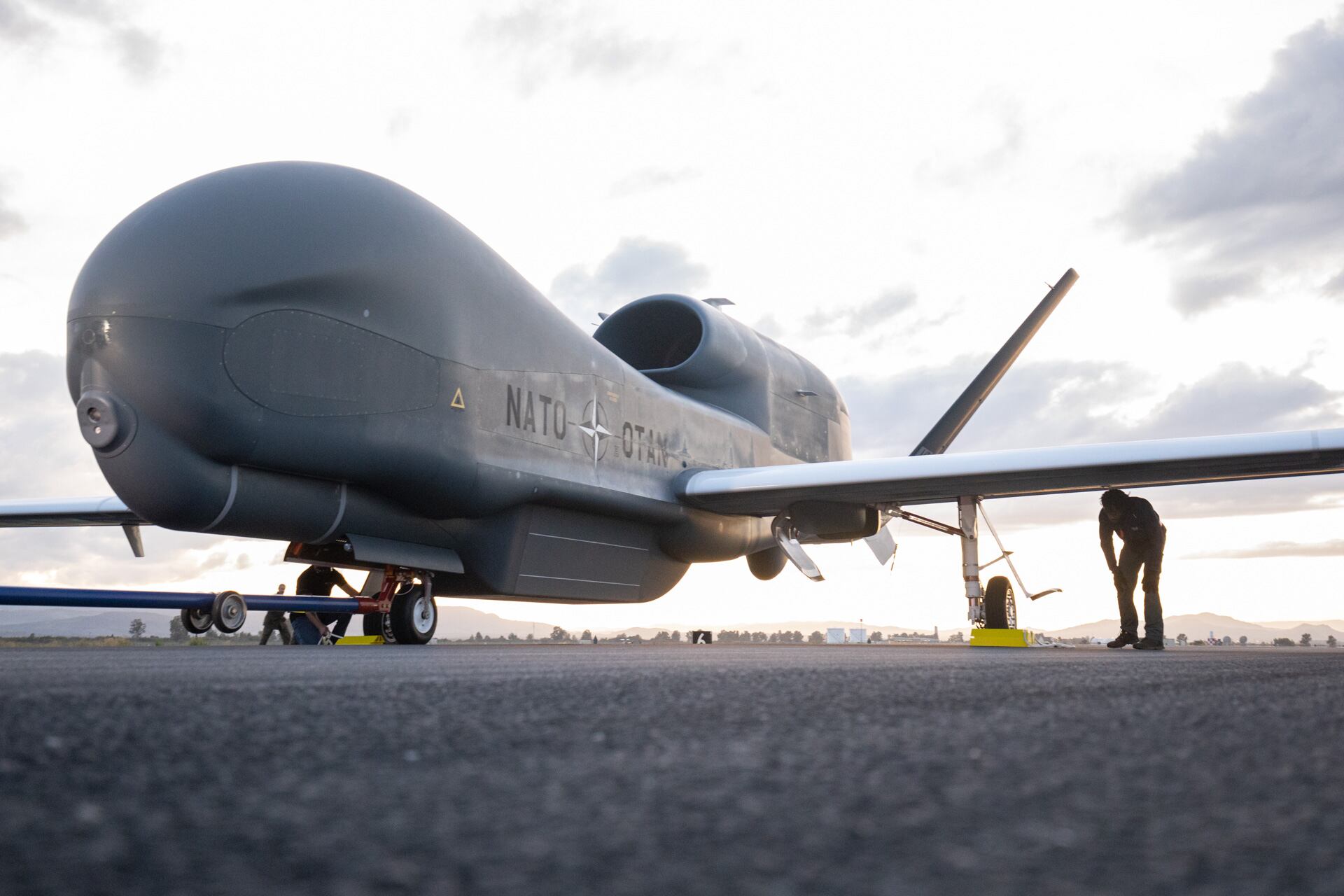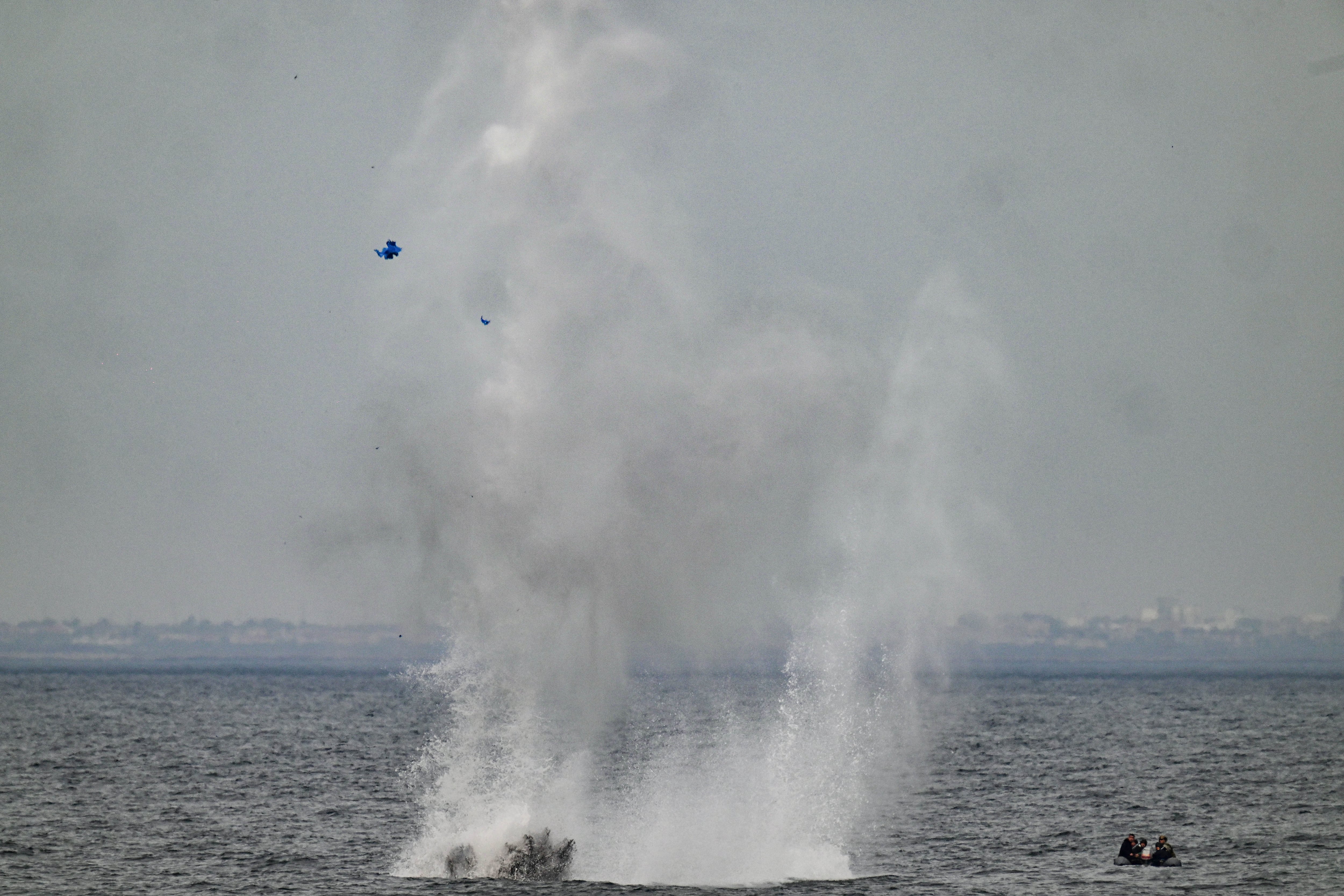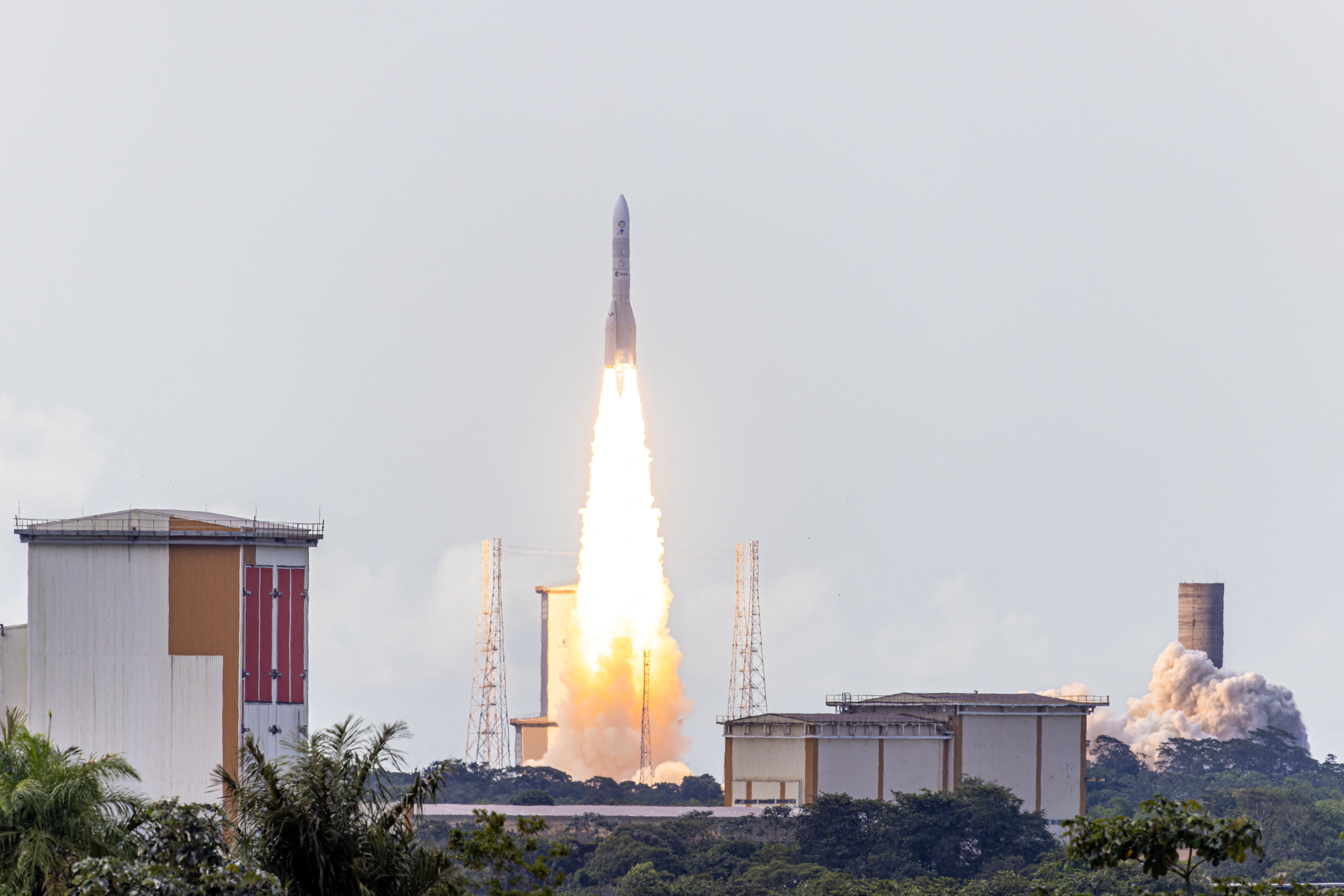COLOGNE, Germany — The German government has canceled plans to buy Northrop Grumman-made Triton drones to the tune of $2.5 billion, opting instead for manned planes carrying eavesdropping sensors.
The decision to buy Bombardier Global 6000 aircraft comes after officials became convinced that the Global Hawk derivatives would be unable to meet the safety standards needed for flying through European airspace by 2025, a target date for Berlin’s NATO obligations.
A defense ministry spokeswoman told Defense News the Triton option had grown “significantly more expensive” compared with earlier planning assumptions.
The U.S. State Department in April 2018 cleared Germany’s request to purchase four MQ-4C Triton drones for signals intelligence missions under the country’s PEGASUS program, short for “Persistent German Airborne Surveillance System.” The program includes a sensor, dubbed “ISIS-ZB” and made by Hensoldt, for intercepting communications and locating targets by their electromagnetic signature.
The German Defence Ministry for years had been banking on the Triton purchase to come with a pre-installed safety-technology package that would be easily approved by European air traffic authorities. But officials saw their hopes dashed as Italy recently issued a military-type certificate for a sister drone — NATO’s Alliance Ground Surveillance fleet of Global Hawks, stationed in Sigonella, Sicily — that prescribes tight restrictions on flights over the continent.
Manned aircraft like the envisioned Global 6000 are allowed to routinely fly alongside civilian traffic, a prospect that the Germans see as more palatable than dealing with drone-specific airspace corridors.
RELATED

Berlin hopes to catch the tail end of Bombardier’s Global 6000 manufacturing run, as the model is being phased out in favor of an upgrade. While that strategy could yield a better price, Berlin needs to move soon before the production line goes cold, according to officials.
Letting drones fly in the same airspace as civilian traffic remains an unresolved problem, as the requisite sensing technology and the regulatory framework are still emerging. Germany previously tried filling its signals-intelligence gap with the Euro Hawk, but the project tanked in 2013 after spending $700 million because officials underestimated the trickiness of attaining airworthiness qualification.
With the Triton gone, Germany’s next ambition for a fully approved unmanned aircraft lies with the so-called Eurodrone, a cooperation with France. Officials have said that the program is designed from the start with manned-unmanned airspace integration in mind.
Sebastian Sprenger is associate editor for Europe at Defense News, reporting on the state of the defense market in the region, and on U.S.-Europe cooperation and multi-national investments in defense and global security. Previously he served as managing editor for Defense News. He is based in Cologne, Germany.








